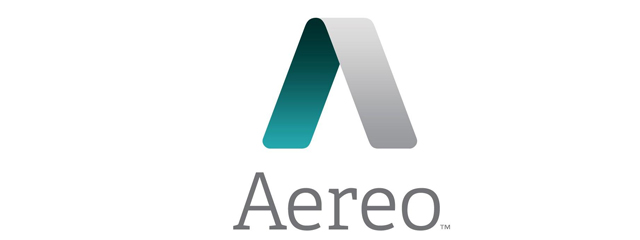The Supreme Court Kills Aereo Because It Found a Loophole
/In the aftermath of Wednesday's 6-3 Supreme Court decision stating that Aereo was in violation of the U.S. Copyright Act, there arose in the tech world an amount of hand-wringing that would make Helen Lovejoy green with envy.
When the decision came down, most media outlets proclaimed the demise of the innovative tech start-up. Others lamented the decision and lashed out at the bipartisan group of justices that wrote for the majority. Still others rushed to argue that no, the decision didn't mean the end of Aereo. A friend of mine, a subscriber to Aereo's service, is in the midst of the traditional five stages of grief. In a single day, he's cycled through denial, anger, depression, and now he's onto the bargaining stage, devising solutions to save the company so convoluted you'd need to divert physicists from the Large Hadron Collider to fully comprehend them.
The dust still hasn't settled and it will be a while before we know if Aereo can survive, but here's what we do know: Aereo used a series of antennaes to pull live broadcast signals out of the air and stream them to its subscribers. It did this without paying licensing fees to the networks who own the shows, unlike other broadcasters. Aereo argued that it was merely an equipment provider and not a broadcaster and therefore didn't need to pay licensing fees (hence why their rates are $8 a month as opposed to Comcast's $99). Six of the SCOTUS justices didn't buy it. Roberts, Ginsberg, Kennedy, Breyer, Kagan, and Sotomayor found that despite the technological back-end that made Aereo so unique, Aereo still functioned largely as a broadcaster of copyrighted material as defined by the 1976 amendment to the Copyright Act. They also said that Aereo was a "public performer" of the copyrighted materials. Taken together, these issues meant that Aereo has been violating copyright law since its inception two years ago.
Clearly, a lot of people don't agree with the decision, and this TechDirt article explains why. In essence, they claim that the SCOTUS used a "looks like something that infringes test" to get to their desired result. They looked at the surface and, without really understanding how the technology works, decided that it must be a broadcaster. Critics of this approach cite this as another example of the anti-technology, intellectual laziness that's hung over this particular line-up of justices for some time.
The critics are right in one regard: in determining a case, the justices should always try their best to understand how a particular technology works. Simply relying on a "looks like" approach is not the way the highest court in the land should operate.
But I'm not convinced that's what happened here. I've read this decision cover to cover (unlike other SCOTUS decisions which can be punishingly long, this one clocks in at a reasonable 35 pages). I wanted to hate the outcome. But to my eyes the justices did in fact understand Aereo's technology. They simply weren't convinced that the technology stood far enough apart from those of more traditional broadcasters to exempt Aereo from having to comply with the Copyright Act. This decision doesn't read like a "if it looks like a broadcaster then it must be" approach. It seems much more logical and considered than that.
However well considered the intentions though, bad law can still come out of it. Whether the Court intended it or not, the decision effectively gives cable companies and broadcasters - powerhouses that already lord over us - even more authority to run the board however they want. As I write this, Fox is using the three-day old Aereo decision as leverage in its legal battle against Dish Network.
It also raises a question of legitimacy, as do most of the recent decisions from this heavily partisan Court. In the decision, the justices state that the decision is narrowly tailored towards rectifying Aereo's specific actions rather than attacking technological advances by other start-ups in general. In other words, it looks like the Court is singling out Aereo for punishment, rather than deciding the law. And it does raise the question as to whether this case was really about technology, or whether it was a facade for something more sinister: loopholes (Scalia says as much in his dissent). Aereo thought it found a technological loophole so that it wouldn't have to pay licensing fees to the networks like Comcast, Time Warner, and AT&T have to. Was this a case of revenge? Were the broadcasters expecting the Supreme Court to act as a bludgeon for their interests? If so, that's the bigger concern.




 For the last six months, a friend of mine has relentlessly tried to get me to ditch my Xfinity hookup and replace it with
For the last six months, a friend of mine has relentlessly tried to get me to ditch my Xfinity hookup and replace it with 













